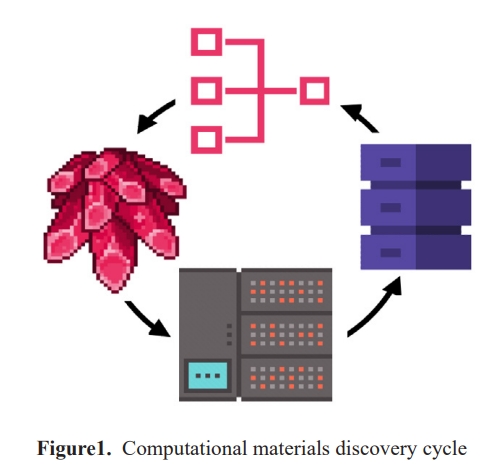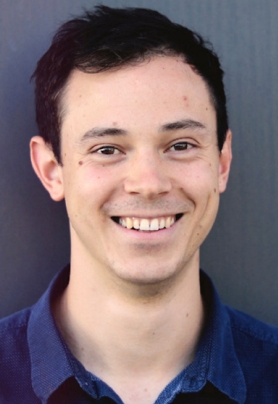EXTENDED ABSTRACT: Automated ab initio calculations have emerged as a powerful tool for computational materials science. Automated workffows offer many beneffts over traditional manual approaches, including reproducibility for complex multi-step calculation procedures and scalability across tens of thousands of compounds. Furthermore, the ability to create large training datasets of ab initio data has enabled the rapid expansion of machine learning models. Here, I introduce our latest work developing automation tools that are easy to use and enable interoperability between density functional theory packages. I further discuss our latest efforts in applying equivariant graph neural networks for accelerating materials identification, including tensorial properties such as dielectric tensors, and complex dynamical properties including lattice thermal conductivity.

Keywords: machine learning, automation, materials discovery, dielectric, heat transport
REFERENCES:
[1] A. S. Rosen et al. J. Open Source Softw., 9(93), (2024) 5995 [2] Y. Lou and A. M. Ganose, Faraday Discussions, (2024) Advance Article

Alex Ganose is a Lecturer (Assistant Professor) in the Department of Chemistry at Imperial College London. He leads the Virtual Atoms Lab using computational materials chemistry, machine learning, and high-throughput calculations to design new materials for energy applications. He is a co-investigator for the Materials Project and leads the development of several open-source software packages for high-throughput materials science calculations. He is the Research-Data Lead for DigiFAB, Imperial’s Institute for Digital Molecular Design and Fabrication. He currently serves as an editorial board member for Materials Genome Engineering.